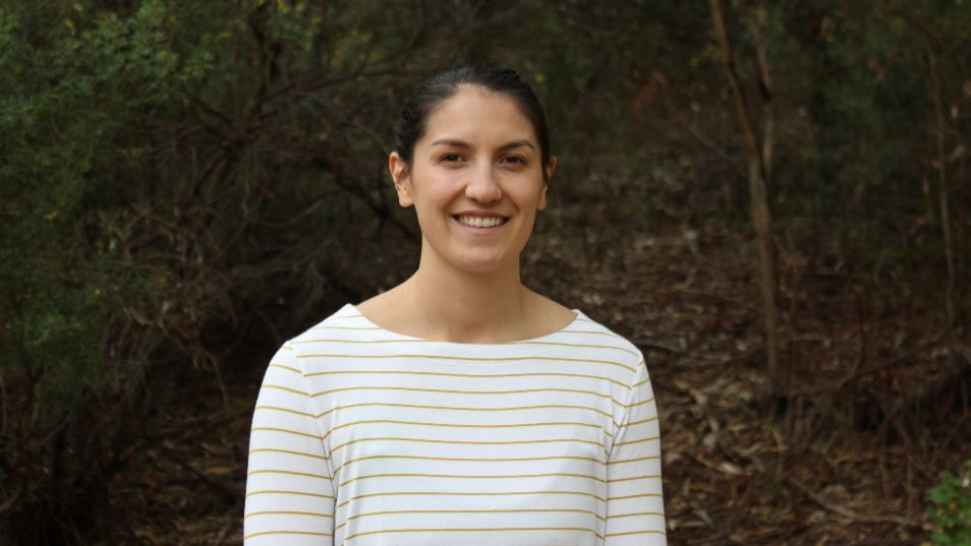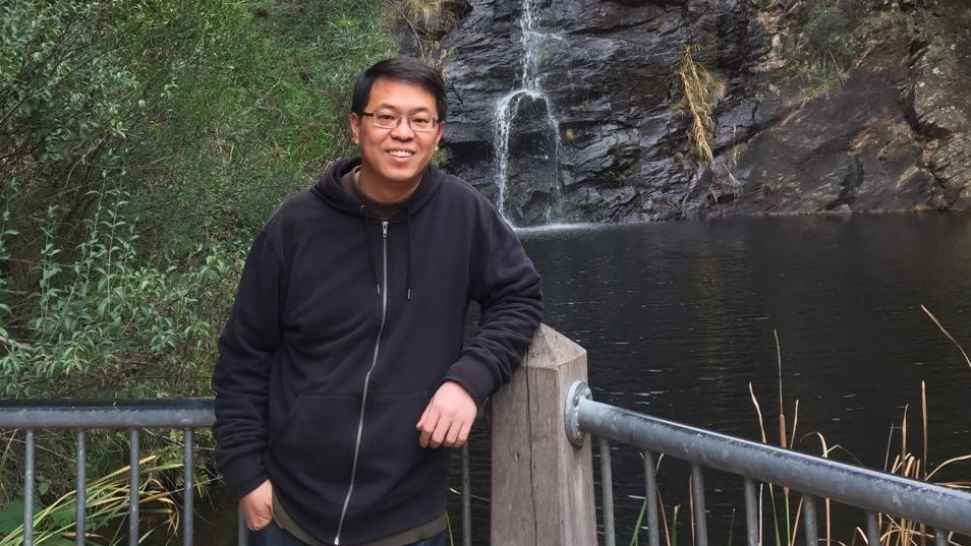The Ember Venning Postgraduate Research Scholarship in Speech Pathology and Audiology was established in memory of the late Ember Venning, a South Australian teacher of elocution. The scholarship is funded through a generous donation from her daughter, Dr Elizabeth Kwan, and encourages research that promotes and better develops improved care and health outcomes for Aboriginal and Torres Strait Islander communities.
The 2017 Ember Venning Postgraduate Research Scholarship recipient, Tara Shem, shares her motivation to become a researcher and how the scholarship has made a difference to her:
‘In my final year of my undergraduate degree I participated in the Honours program. This gave me the opportunity to learn about research, the research process and investigate a topic that I was interested in. I really enjoyed the learning and development as part of this program and came to love research
I commenced my PhD at the start of 2015 and my study explores early childhood educators’ practices with children with communication concerns, perceived barriers associated with this work, and how early childhood educators’ practices could be supported to assist the facilitation of communication development and management of communication difficulties in early childhood education and care facilities. It is hoped that the understanding from this project will contribute to and inform future practice and management of children’s communication concerns and development.
Being the 2017 recipient of the Ember Venning Postgraduate Research Scholarship is an honour and I am truly grateful for the generosity of Dr Elizabeth Kwan.
As a fulltime PhD student I am unable to work much, therefore generating income can be challenging. As a result, receiving this scholarship will assist me with my living costs and further support me to attend some interstate conferences this year.’

Tara Shem, 2017 Recipient of the Ember Venning Postgraduate Research Scholarship.

Weifeng Han, 2015 and 2016 Recipient of the Ember Venning Postgraduate Research Scholarship.
For Weifeng Han receiving the scholarship in 2015 and again in 2016 was a validation of his research efforts. His PhD research on the syntactic-semantic awareness of minority groups, developing our understanding of language development and impairment for bilingual and bi-dialectal speakers.
Weifeng’s study may have many direct benefits for Indigenous peoples who speak more than one language or dialect. Weifeng is extremely thankful for the scholarship and says:
‘I would like to express my heartfelt thanks to the donor for their generosity, and to the Flinders University’s Scholarship Committee for their trust.’
Weifeng believes that receiving the scholarship provided both inspiration and much needed financial assistance to better balance living costs and study. His research findings contribute to best-practice approaches when working with minority bilingual/bi-dialectal speakers within Australia.


